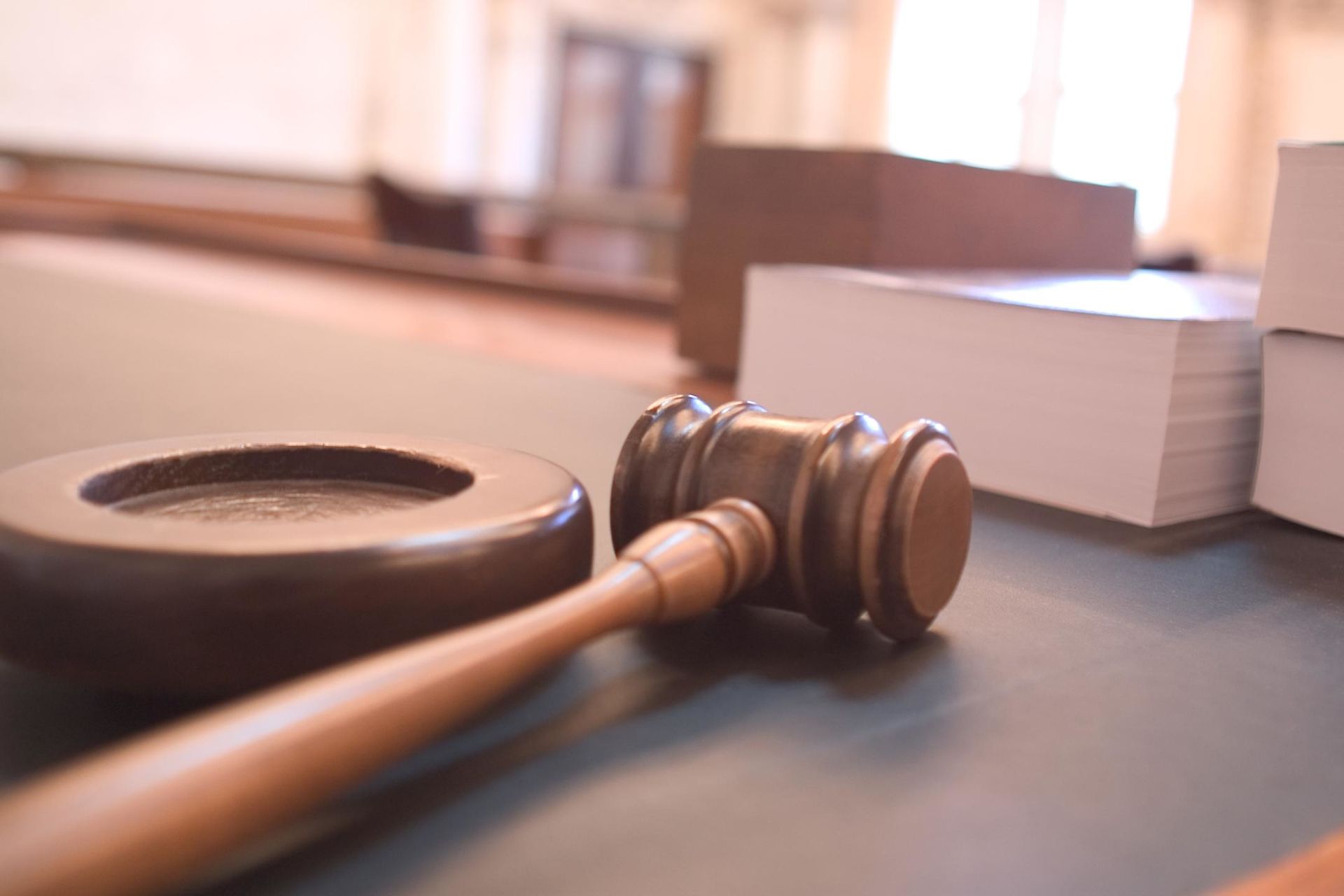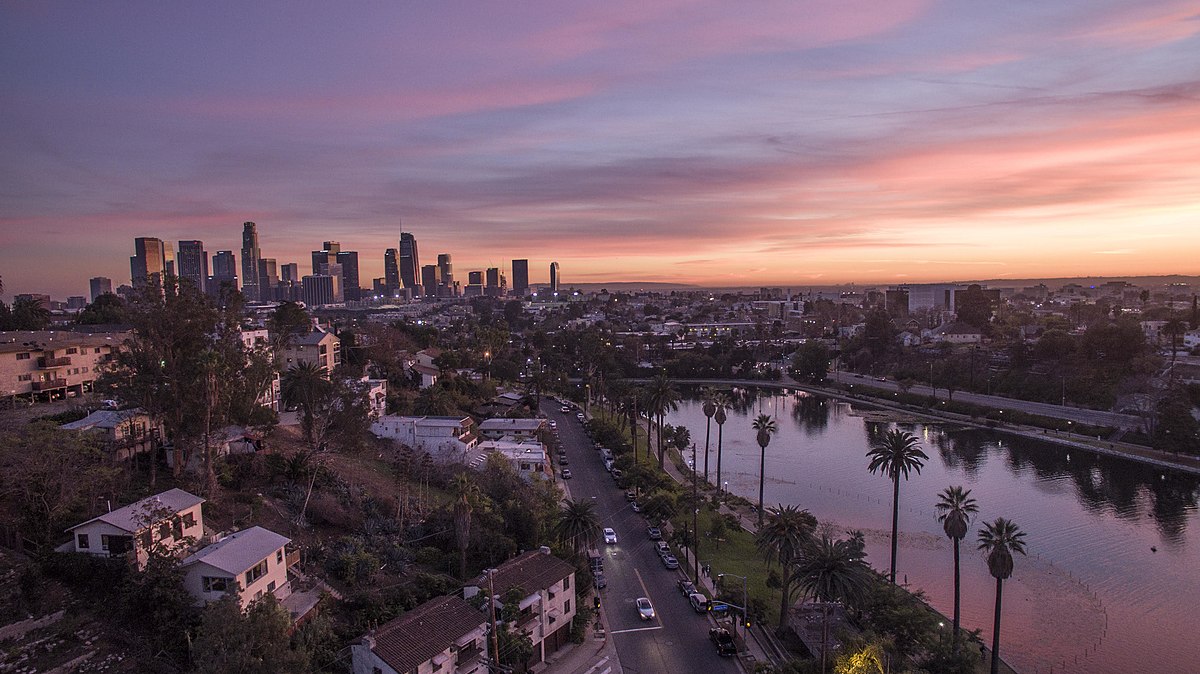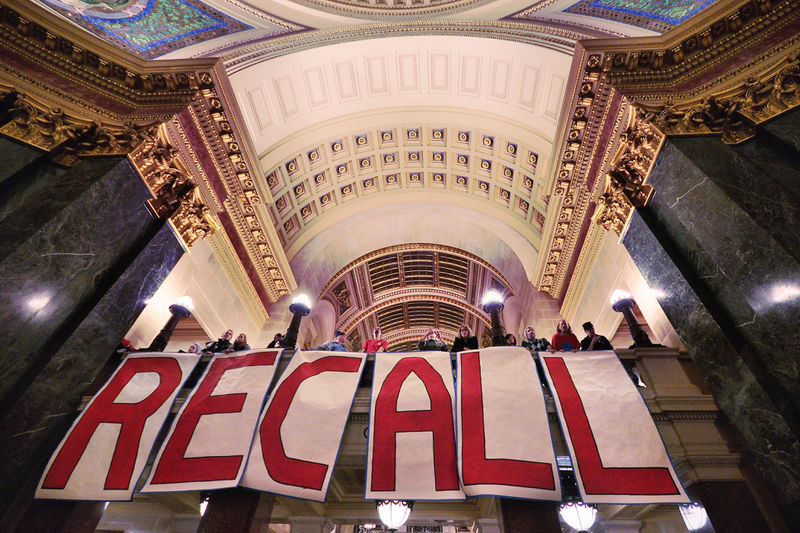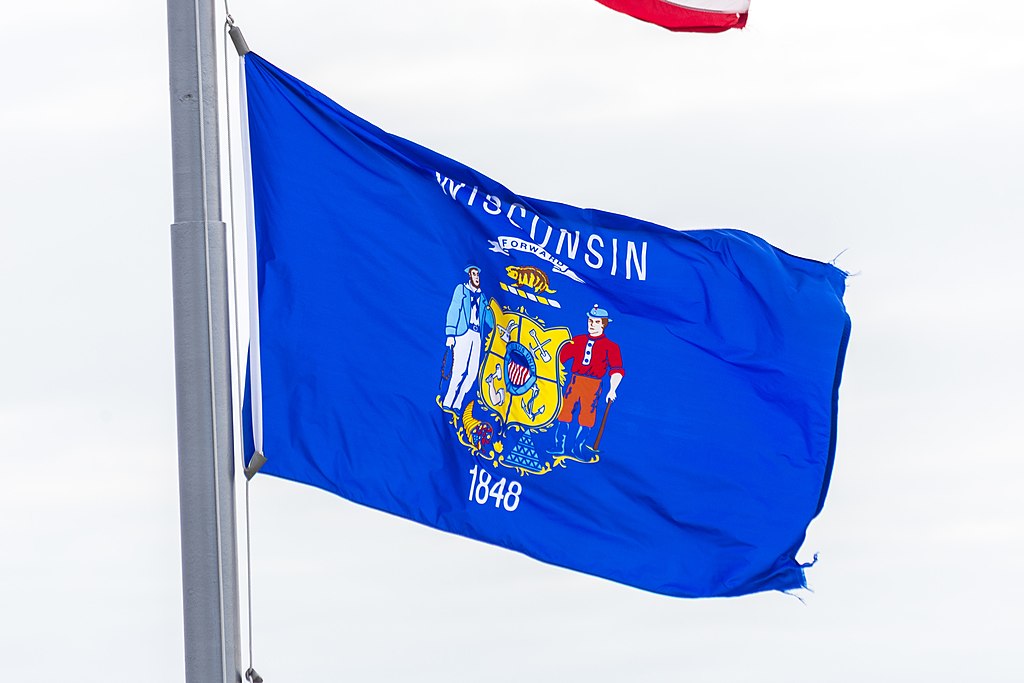Tag: Local courts
-
All candidates for Superior Court of Los Angeles County Office 67 complete Ballotpedia’s Candidate Connection survey

Both of the candidates running in the November 8, 2022, general election for Superior Court of Los Angeles County Office 67 —Fernanda Maria Barreto and Elizabeth Lashley-Haynes— completed Ballotpedia’s Candidate Connection survey. These survey responses allow voters to hear directly from candidates about what motivates them to run for office. The Superior Court of Los…
-
Public defender and deputy district attorney advance to runoff for Office 67 of the Superior Court of Los Angeles County

Elizabeth Lashley-Haynes and Fernanda Maria Barreto advanced from a nonpartisan primary for Office 67 of the Superior Court of Los Angeles County after finishing first and second over a third candidate, Ryan Dibble. Lashley-Haynes received 37% of the vote in the June 3 primary followed by Barreto with 36%. Since neither candidate received over 50%…
-
District court allows recall effort against New Mexico county commissioner to move forward

New Mexico Twelfth District Judge Manuel Arrieta ruled in favor of an effort to recall Couy Griffin (R) from his position as the District 2 representative on the Otero County Commission on April 8. If Griffin does not appeal the decision to a higher court, recall supporters will be given 90 days to collect approximately…
-
U.S. Senate confirms six U.S. District Court nominees

The U.S. Senate confirmed six nominees to U.S. District Court judgeships. The 94 U.S. District Courts are the general trial courts of the United States federal courts. The Senate has confirmed 214 of President Trump’s Article III judicial nominees—two Supreme Court justices, 53 appellate court judges, 157 district court judges, and two U.S. Court of…
-
Wisconsin Rep. Taylor appointed to succeed Karofsky on Dane County Circuit Court

Gov. Tony Evers (D) appointed Wisconsin State Assemblymember Chris Taylor (D) to the Dane County Circuit Court on June 11, replacing Jill Karofsky, who was elected to the Wisconsin Supreme Court on April 7. Taylor said she plans to continue to serve in the state legislature until just before her swearing-in on the court August…
-
Judge rules that Tennessee must provide absentee ballots to all eligible voters on request
Ellen Hobbs Lyle, a judge on the Davidson County Chancery Court in Nashville, Tennessee, ruled on June 4 that the state must give all eligible voters the option to vote by mail in upcoming elections because of the coronavirus pandemic. The decision is expected to be appealed. In Tennessee, voters can request an absentee ballot…
-
Voters to decide state executive, legislative, and judicial primaries in Oregon
The statewide primary election for Oregon is on May 19, 2020. The filing deadline to run passed on March 10. Candidates are running in elections for the following offices: • Secretary of State • Treasurer • Attorney General • 16 seats in the Oregon State Senate • All 60 seats in the Oregon House of…
-
Ducey appoints four judges to Arizona Court of Appeals and Maricopa County Superior Court
Arizona Gov. Doug Ducey (R) made four judicial appointments on April 24, becoming the governor who has made the most judicial appointments in state history. Ducey has appointed 71 judges since taking office, overtaking the previous record of 68 appointments made by former Gov. Bruce Babbitt (D). Babbitt held office from 1978 to 1987. Ducey…
-
Candidate filing periods end in Michigan and Florida
Major party filing deadlines passed to run for elected office in Michigan on April 21 and Florida on April 24. In Michigan, candidates filed for the following state offices: Michigan House of Representatives (110 seats) Ballotpedia is also covering local elections in Wayne County Michigan’s filing deadline was extended from April 21 to May 8,…
-
Ohio primary election preview
Ohio will hold a statewide primary on April 28. The primary was originally scheduled to be held on March 17, but polls were closed by the order of the state health director due to the coronavirus pandemic. Ohio Governor Mike DeWine (R) signed HB 197 into law on March 27, extending absentee voting in the…

